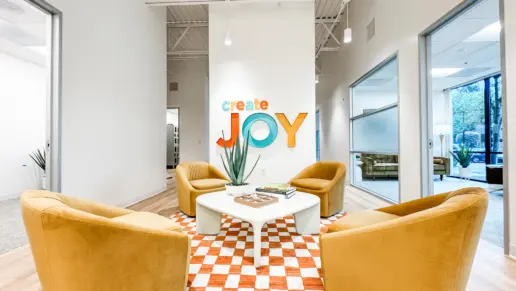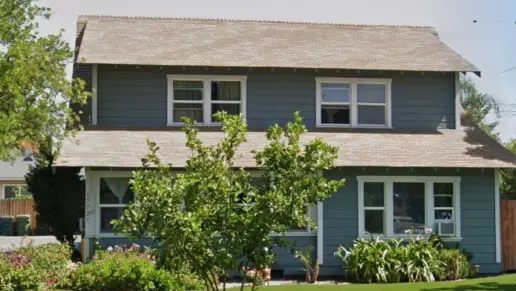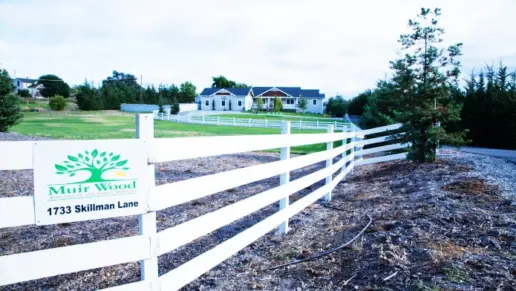About Second Chance Sobriety Homes
Second Chance Sobriety Home is a sober living house for adults in San Jose, California. They support your continued sobriety through peer support under the supervision of a house manager. You don’t have to have completed an inpatient detox or rehab program to reside at the sober house, but you must be drug and alcohol free when you move in. You also have to be committed to staying that way with support and continuing treatment.
One attractive aspect is that they are staffed by persons who are also in recovery. That means you’ll get coaching and encouragement from people who’ve been there and who know what you’re going through. You’ll be expected to abide by house rules, including daily curfews, help with household chores, and consent to random drug and alcohol testing. You’ll also be required to continue working on your recovery, including attending recovery education programs, 12 Step meetings, and outpatient treatment as prescribed by your care team.
You’ll develop essential life skills to maintain a sober lifestyle and ensure your wellbeing in mind, body, spirit, career, and relationships. Sober living requires a minimum of a 30 day commitment, but you may live there for up to 6-12 months, if you comply with house rules and pay your mo
monthly fees.
Previous residents have positive things to say about the program. One person said that the disciplined environment, combined with the liberty to go out in town and work, were essential in cementing their triumph over a temporary mental health or substance use crisis. A surcharge is issued for anyone who falls back on their recovery program and relapses, should they seek readmission afterwards.
Latest Reviews
Rehab Score
Gallery
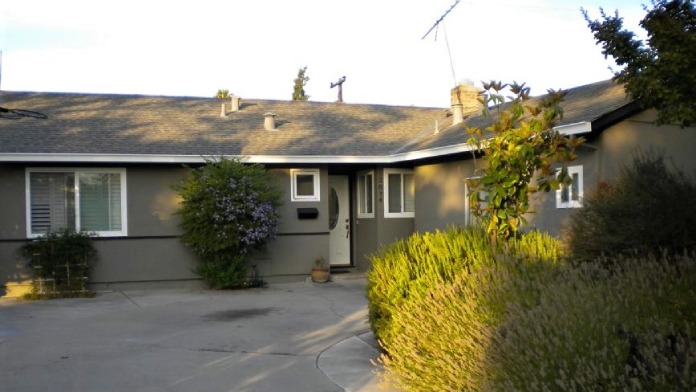
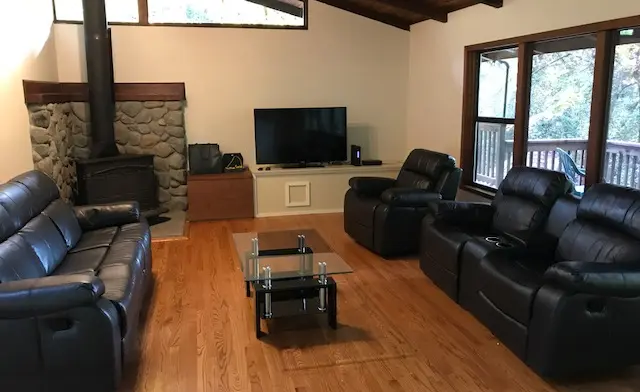
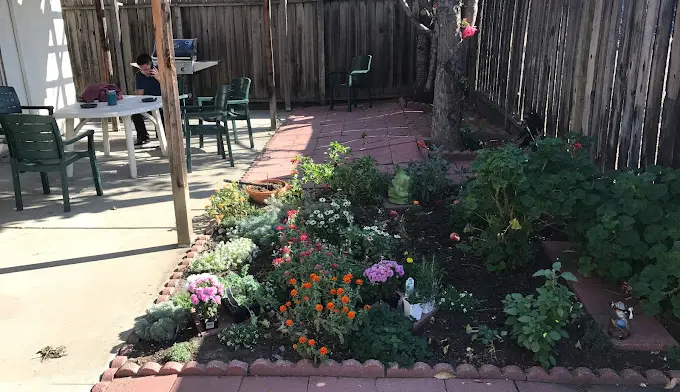
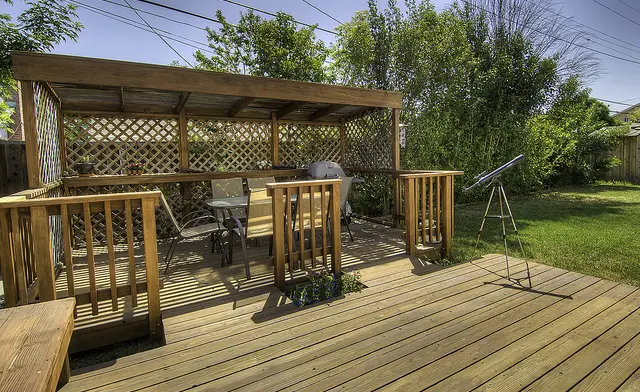
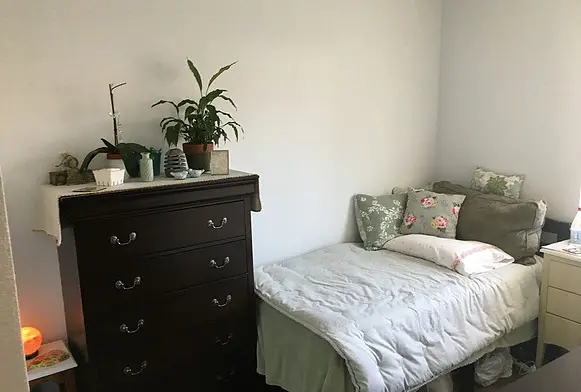
Location
Other Forms of Payment
Private insurance refers to any kind of healthcare coverage that isn't from the state or federal government. This includes individual and family plans offered by an employer or purchased from the Insurance Marketplace. Every plan will have different requirements and out of pocket costs so be sure to get the full details before you start treatment.
Self-pay involves paying for treatment out of your own pocket. You can use savings or credit, get a personal loan, or receive help from family and friends to fund your treatment. If you don't have insurance or your insurance plan doesn't cover a specific program, self-pay can help ensure you still get the care you need.
Addiction Treatments
Levels of Care
Programs

Clinical Services
Individual therapy for drug addiction includes a customized treatment plan that considers your history and life circumstances. During your therapy sessions, the therapist helps you uncover underlying issues and triggers for addictive behavior that support a holistic approach to recovery.
Contact Information
2874 La Jolla Ave
San Jose, CA 95124
